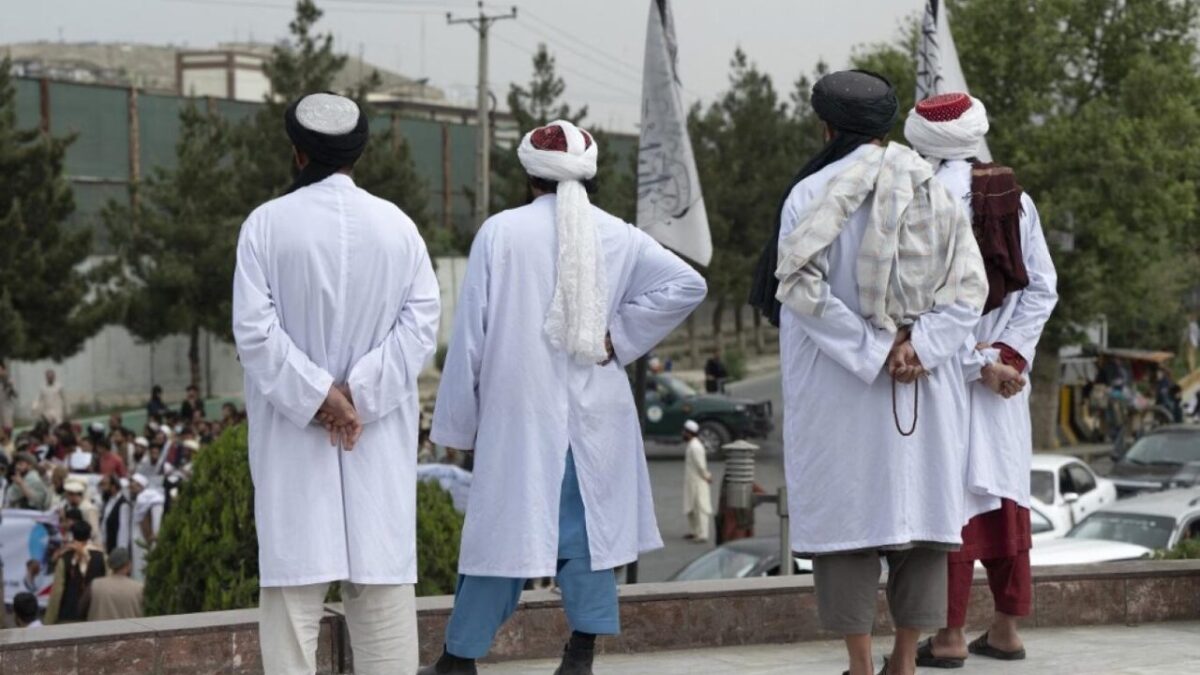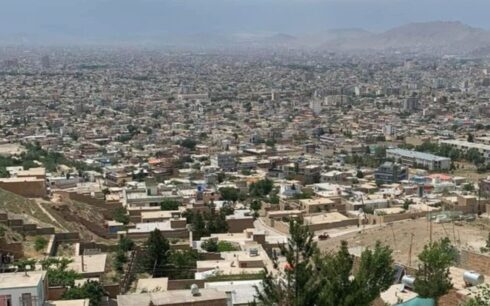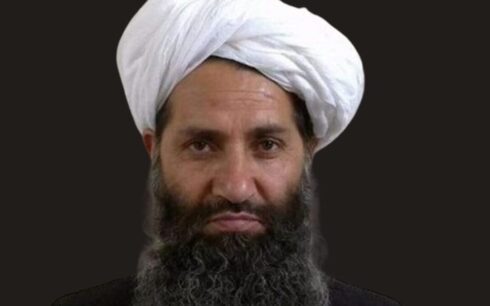KABUL, Afghanistan — Saif Khyber, spokesperson for the Taliban’s Ministry for the Promotion of Virtue and Prevention of Vice, has claimed that the ministry’s work is not being adequately recognized, asserting that its efforts, particularly toward women, deserve praise.
The remarks, shared in a post on X, come as the ministry continues to impose severe restrictions on women’s and girls’ rights, drawing widespread condemnation from human rights groups and activists.
“Perhaps some do not understand priorities or feel the pain and suffering of others. Those who do would recognize the ministry’s extensive spiritual services, especially for women,” Khyber wrote.
Sweeping restrictions on women
The remarks come against the backdrop of new regulations imposed by the ministry in August, which have drawn widespread condemnation from human rights organizations and women’s rights activists. The rules heavily restrict women’s freedoms, barring them from attending gatherings where unrelated men are present and deeming women’s voices as “awrah” (a term implying impropriety).
Reports indicate that over the past month alone, the ministry’s enforcers, or “morality police,” detained 44 individuals, including six women, across various provinces. According to a December 23 report by Amu TV, these arrests occurred between late November and late December.
Many Afghans view the ministry’s actions as an infringement on their basic rights and privacy. “These laws are designed solely to restrict women and control people’s lives,” said a Kabul resident who requested anonymity for fear of reprisal.
Human rights organizations have condemned the Taliban’s policies, labeling them as a systematic assault on individual freedoms and a blatant violation of human rights norms. Activists argue that the ministry’s mandates disproportionately target women, undermining their autonomy and erasing their presence in public life.
The Taliban’s Ministry for the Promotion of Virtue and Prevention of Vice has become a focal point of their governance, wielding significant authority to enforce strict interpretations of Islamic law. However, critics argue that its policies are tools of repression, curbing fundamental rights under the guise of religious propriety.





